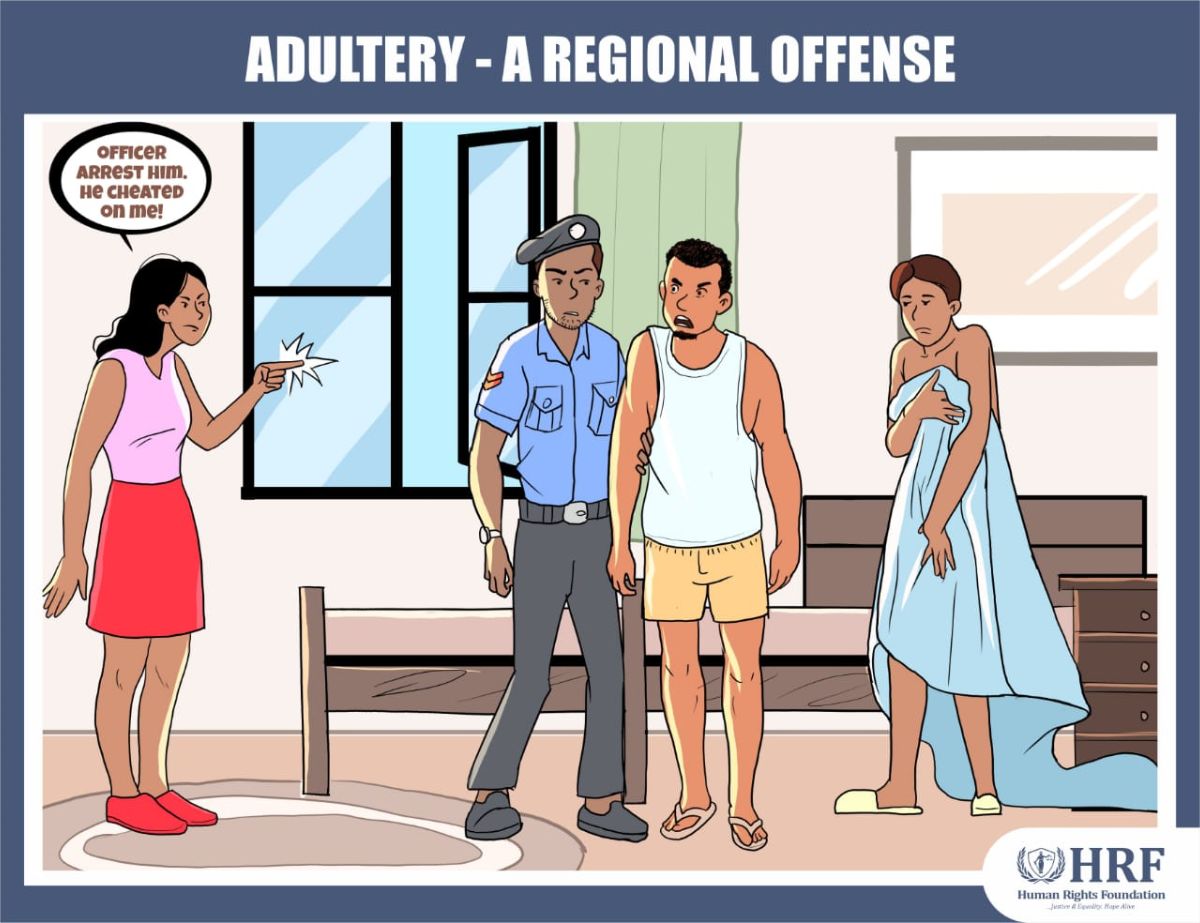.jpg)
In a time when the rights of citizens, especially women, are often overlooked in the name of uniformity, the recent judgment of the Federal High Court in Abuja comes as a refreshing affirmation that constitutional rights must never be sacrificed on the altar of policy.
The case arose from the experiences of two courageous young women, Miss Ayuba Vivian and Miss Ogunjobi Blessing, both members of the National Youth Service Corps (NYSC). As devoted Christians, they believed it was against their faith to wear trousers, citing Deuteronomy 22:5, which forbids women from wearing what pertains to men. Based on this conviction, they opted to wear skirts instead of the standard NYSC trousers.
But instead of being accommodated, they were subjected to harassment, humiliation, and ultimately denied the completion of their national service—all because of a personal religious belief. This denial prompted them to take legal action, and the result is a victory not just for them, but for every Nigerian who believes in the sanctity of human rights.
In suits FHC/ABJ/CS/988/2020 and FHC/ABJ/CS/989/2020, Justice Hauwa Yilwa held that the NYSC's refusal to allow skirts violated the applicants’ rights to freedom of religion (Section 38), dignity of the human person (Section 34), and freedom from discrimination (Section 42) as guaranteed by the 1999 Constitution of the Federal Republic of Nigeria (as amended).
THE COURT ORDERED THAT:
1. The refusal of the NYSC to allow them to serve in skirts was unconstitutional.
2. NYSC must recall and issue them their certificates.
3. Each applicant is to be awarded ₦500,000 in damages.
NYSC MUST ACCOMMODATE SUCH RELIGIOUS EXPRESSIONS GOING FORWARD:
This ruling is not about clothing; it’s about dignity, identity, and the right to be respected within the framework of national service. It is a timely reminder that no institution, no matter how revered, is above the Constitution.
For too long, we have allowed policies to override principles. The NYSC, though built on noble ideals of unity and service, must recognize that unity is not uniformity. True unity thrives in diversity. If we deny people the right to practice their religion peacefully within public institutions, we are nurturing silent repression.
This judgment is also a clarion call to all public institutions in Nigeria: you do not get to choose which constitutional rights to obey. The right to freedom of religion, like every other fundamental right, is non-negotiable.
As a human rights lawyer, I welcome this decision. It strengthens our jurisprudence, respects individual conscience, and sends a powerful message that in Nigeria, the law still protects the weak, the different, and the faithful.
To all young Nigerians, especially women, let this be a message: your voice matters, your beliefs matter, and the courts are still a place where justice can be found.
Let us continue to defend, assert, and celebrate our rights. This is how we build a truly inclusive Nigeria.



.jpg)
0 Comments